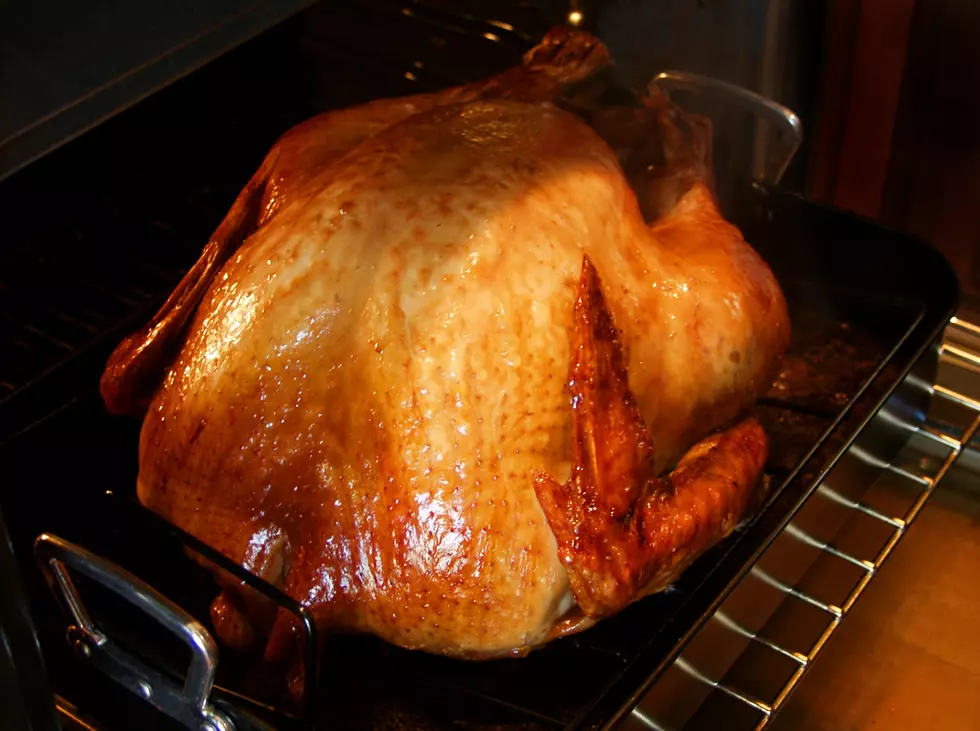
How To Avoid “Dry Turkey Syndrome” This Thanksgiving: Brining
I'm not a big meat eater, but usually on Thanksgiving I'll partake of the turkey. Although, often I end up not finishing the little bits on my plate if the turkey turns out to taste like accidental jerky. Or worse, like dusty feathers. No, thank you. I'll just have extra green bean casserole and dressing, please. (My favorites, anyway.)
Occasionally, I'll have some turkey that tastes like turkey--the way, I'd imagine turkey was meant to taste. It's moist, flavorful, and delicious. Rarely is this the case, though.
If you've struggled with perfecting what has traditionally been considered the main dish at many a Thanksgiving day feast, let's hear from the experts on how to make sure your turkey is worth all of the effort and time you put into preparing it.

The main thing that is often overlooked that leads to a dry turkey? Forgetting to brine the turkey.
The experts at The Daily Meal say that "whether you choose to oven-roast, air-fry or deep-fry your turkey this year, the one step you should start with is to brine the bird."
"Brine" is really just a synonym for "salt water." It's easy to do and can even be done the day before you're ready to prepare your turkey. I've used this method many, many times in the past when preparing chicken breasts and it makes all the difference in the world, albeit on a much smaller scale.
Give yourself at least 12 hours, 24 is better, for optimal turkey deliciousness. Not surprisingly, the main ingredients in a brine are salt and water. But, there's plenty of room for creating your own special recipe by adding in other ingredients. You may consider a holiday poultry favorite like rosemary, of course. Other options include bay leaves, garlic, or even brown sugar. Get ideas for different brine "formulas" from Alton Brown here, or from Martha Stewart here.
Once you've decided on your brine, get a large stockpot (steel or enamel) that will hold both the brine AND the turkey. Leaving out the turkey, put your brine ingredients in and heat to high--but just long enough to start it simmering. You DO NOT want to boil it into a frenzy. Too much heat and you'll break down the flavors--not our goal.
Once it's simmering, turn off the heat and let it cool--completely. Then prepare your turkey for cooking by removing giblets--which you'll want to save for making stock later. Then add the turkey to the brine, making sure there's enough to cover it. You'll want to add water if there's not enough. (So, be sure and make plenty of brine so you don't have to do this.)
Then, it's time to refrigerate. Give it at least 12 hours, and make sure to turn it twice at reasonable intervals.
OK, now drain the brine, pat the turkey dry, and THEN cook the bird according to your recipe.
I promise you, it's worth the extra time.
LOOK: Here are copycat recipes from 20 of the most popular fast food restaurants in America
More From Classic Rock Q107









